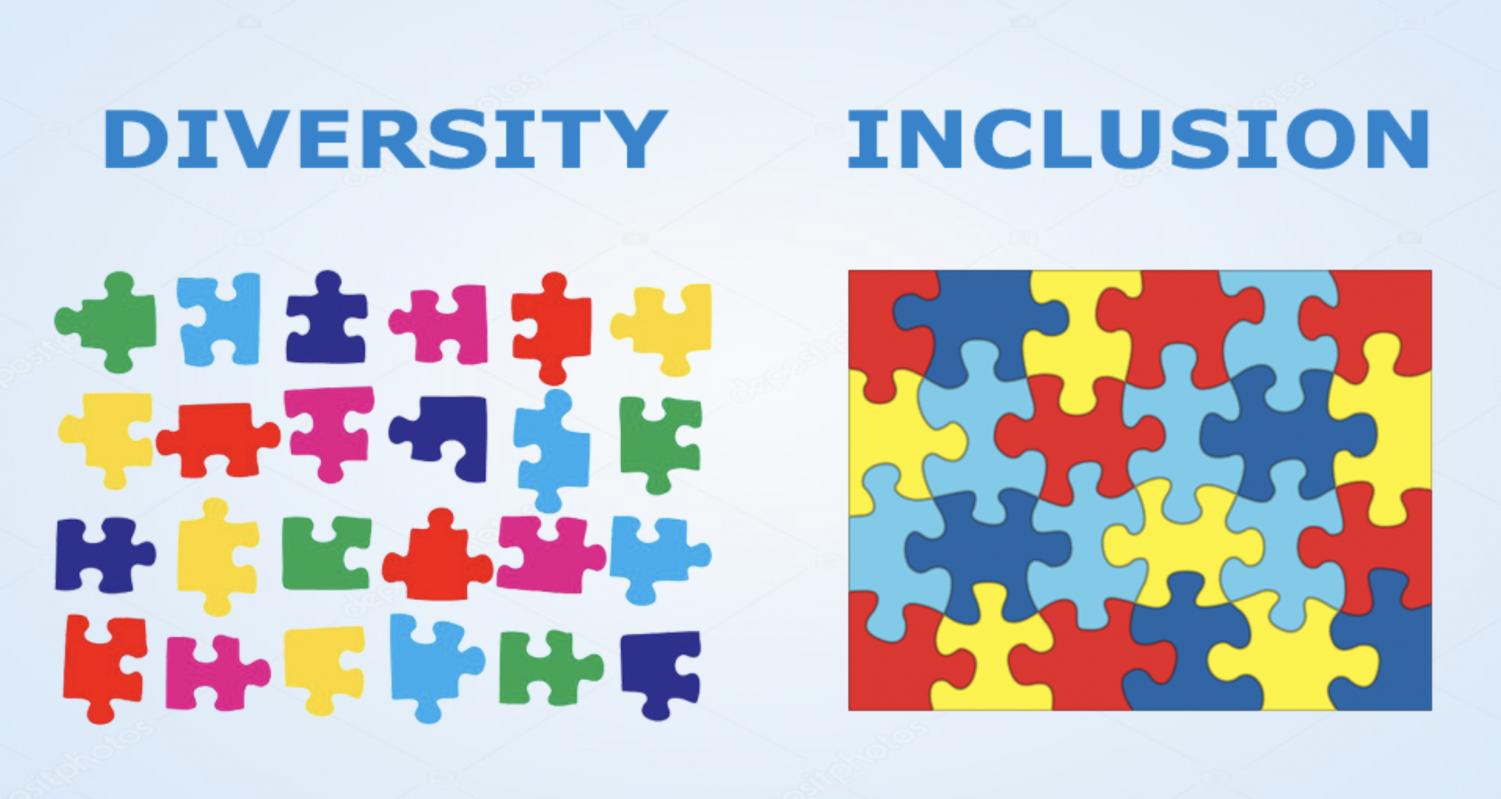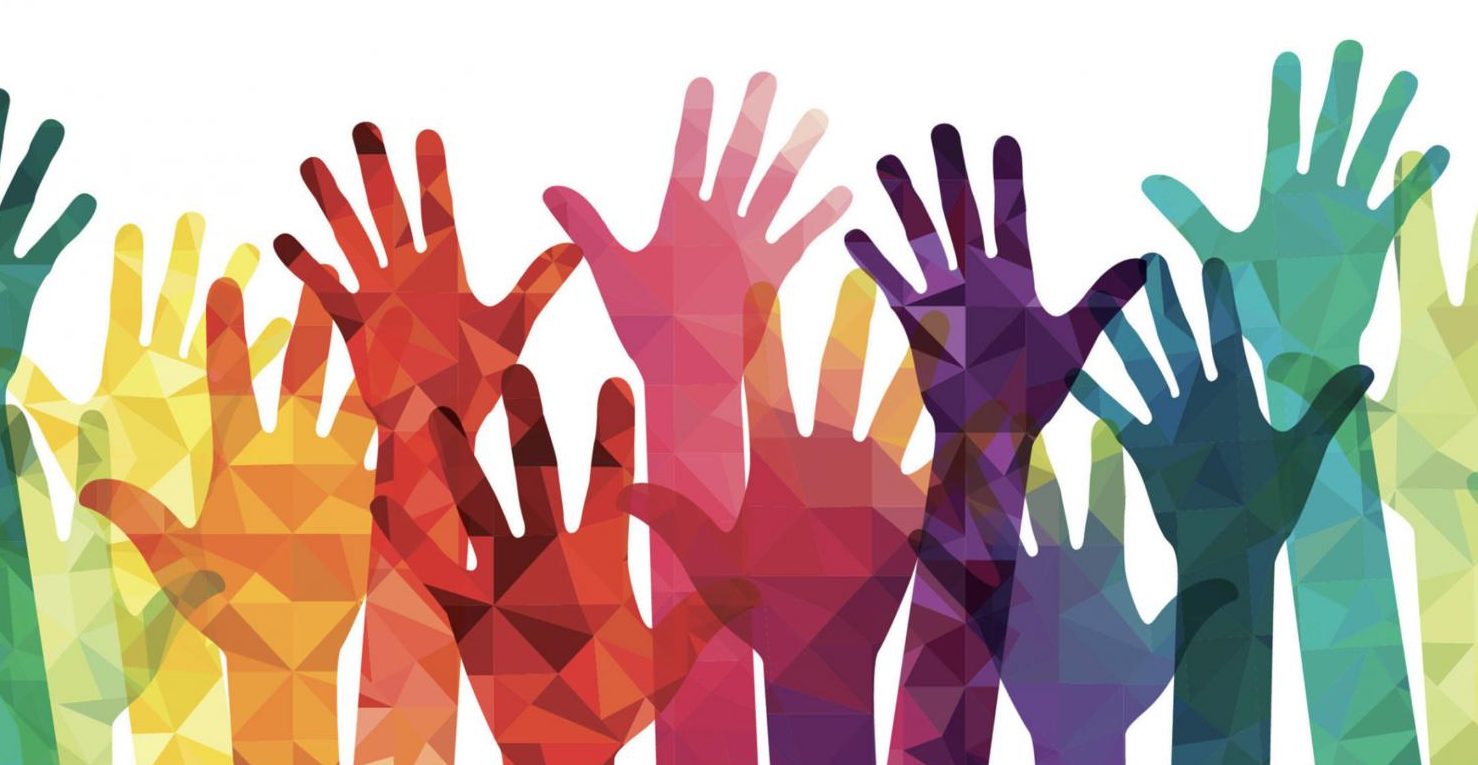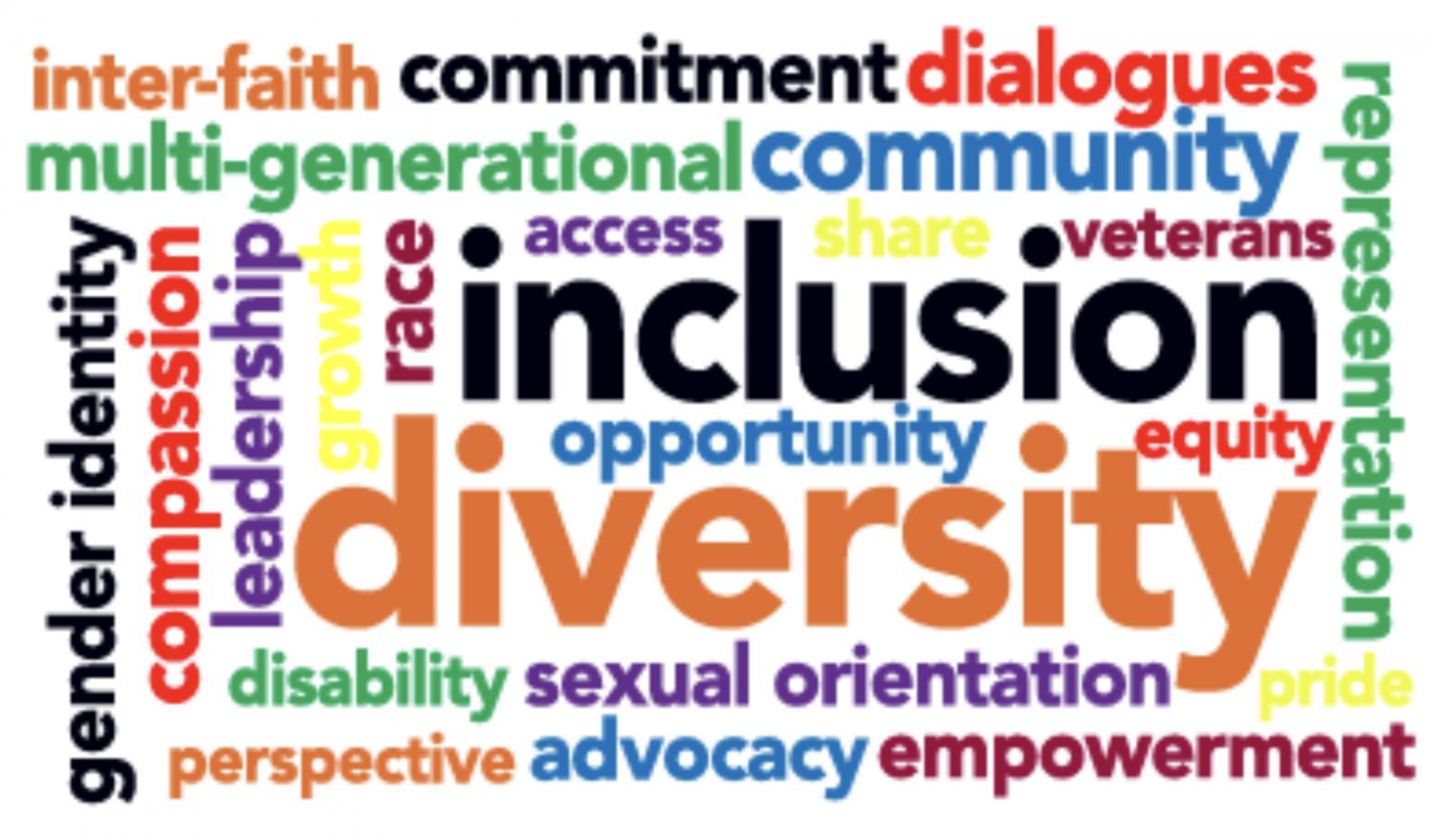Diversity: WJ students speak out
May 25, 2019
Students interviewed for this article gave candid responses. While most were positive, some expressed discontent with Walsh Jesuit’s pursuit of increased diversity.
When asked “Do you ever feel you’ve faced diversity?”, sophomore Jason Karl responded, “Every day. Everybody’s going to find something that they need to overcome every day and, if they don’t, then they’re not living.”
Diversity encompasses the understanding and variety of each individual’s uniqueness. It includes categories such as gender, religion, race/ethnicity, social/economic status, areas of interest, thought, politics, and gender orientation.

In an email message to parents, WJ President Mr. Karl Ertle addressed the decision to initiate a diversity program and hire a director: “The diversity initiative is part of the Five-Year Strategic Plan that the Board adopted in 2016 with the intention of re-commencing a program here that was making great strides in the late ‘90s. Every five years, a team of visiting experts evaluate Jesuit high schools and make recommendations for improvement. Their strongest recommendation in 2016 was that we improve our diversity efforts. To that end, Mrs. Kaneshia Crenshaw was hired as the director of diversity and she is the mother of two current Warriors.”
The number of ethnically diverse students at Walsh Jesuit is ever increasing, with the Class of 2022 being the most diverse ever. The goal for the future is 20%.
To senior Austin Lustik, diversity means “ a blend of backgrounds coming together to create a solid final diversified product.” Furthermore, diversity to Ke’-Turah Allen, ’21, entails “the inclusion of everyone no matter skin color, ethnic background, religion, or sexuality.”
Ke’-Turah continued, noting how student diversity affects WJ, saying, “We have diversity because we need our diversity rates to be higher, not so much ‘cause we want to include everyone who is diverse.”
Student opinions vary about increasing diversity, but a majority of students believe it is beneficial. One freshman stated, “Becoming more diverse means Walsh is more inclusive of everyone which is allowing every individual to be treated with respect and dignity as they should be. Becoming a more diverse community allows WJ to fulfill its mission of developing the whole person, cura personalis, and helps us strive to be men and women for and with others.”

Sophomore Sarah Foster responded to the extent to which WJ is achieving its goal of building a diverse student body. “Some aspects are not getting enough attention. Like racially, I think we’re getting there, but I think we can still improve in terms of diversity of sexual orientation,” she said.
Many other students believe WJ could do better in encouraging diversity of thought. “Not many people want to go against the tide and be unique, so they just follow the crowd,” said Jason Karl.
Some students believe in the concept of “reverse discrimination”. One senior noted, “I believe in having a ‘normal’ school system instead of one that favors people that shouldn’t get in over kids that should just ‘cause they are black.”
Per Mr. Ertle, no special accommodations are made for students of color to get into Walsh Jesuit. All students are qualified and must meet the same criteria for admission.
In his response to the survey to parents, Mr. Ertle addressed this area, likely because of some students spreading rumors. He wrote, “There have been rumors that students of color are attending free, that we have let in 50 unqualified students, and the like; they are untrue.”
It should be noted that approximately four out of every seven WJ students do not live in a diversified neighborhood. One junior observed, “Most people are influenced from their parents’ view. This can be the case when talking about diversity, too. Where you grow up and in what ways your parents raise you can mold who you are and, most likely, what you believe in and what you will choose to let influence you.”
Ke’-Turah believes diversity does make a difference. “Being diverse is also being pushed at the people who are diverse, to go and interact with people who[m] you don’t identify with. It’s weird ‘cause we get it. People who are diverse here understand that not everyone might want diversity, and it’s not a bad thing. It’s just not something everyone here is used to. So people being open–minded to the thought of diversity is fine, but people doing stuff with people of minorities should come from oneself, not ‘cause the school wants us to, but because they want to do it.”
Junior Hanhua Zhu, whose American name is Skye, is a Chinese exchange student and part of the iPerk program. She believes that Walsh Jesuit gives her a very diverse environment. “We have a lot of exchange students from different countries, and I think that really it gave me a very positive influence. I can see different people every day. You can go through academic studies together. The diversity at Walsh is a very good chance for me and everybody to benefit.”
In the coming years, with a more diversified student body, senior Dominic Audino said, “We can continue to learn from [others’] experiences….”
Senior Lynsey Bachman expanded on Dominic’s observations. “I think when it comes to diversity people agree that it should be there and that yes, we need a diversity club, we need to be more diverse with everything. But when it comes to actually taking action and actually doing something, I don’t think people really want to because they don’t see it making a difference,” Lynsey stated.
In fact, part of Mrs. Crenshaw’s role as director of diversity entails providing opportunities for students to become active in making Walsh Jesuit not only a diverse, but also an inclusive, community. Students will soon complete a “climate survey” to provide more insight into how equitable and inclusive our community is. She urges students to learn about marginalized communities inside and outside of WJ by joining groups such as Gay/Straight Alliance, Diversity Club, Campus Ministry and others.

“Once you have more competence, then you can become an advocate for that group. On a more personal level, you can make an effort to [push] yourself beyond your immediate friend circle, talk to someone different, and step outside your comfort zone. Be okay with being uncomfortable!” Mrs. Crenshaw urged.
As Walsh Jesuit continues to hear from its students and continues on a path of diversity and inclusion, Austin Lustik observed, “As a nation and a school, we need to work on coming together and not splitting up and try not to have two sides to everything.”
Noël Bentley • May 1, 2019 at 10:04 am
This is a great article, will there be a follow up?
adviser • May 7, 2019 at 11:37 am
Thanks Noël! Yes, we plan on exploring the many differing dynamics of diversity well into the future. So, keep reading The Pioneer to see more on this important topic. Please also know you are welcome to contribute to the publication too!
Kaneshia Crensaw • Apr 26, 2019 at 7:42 am
Thanks again Gabby for your diligence and the time you committed to this issue. It is a starting point for more conversations to come.